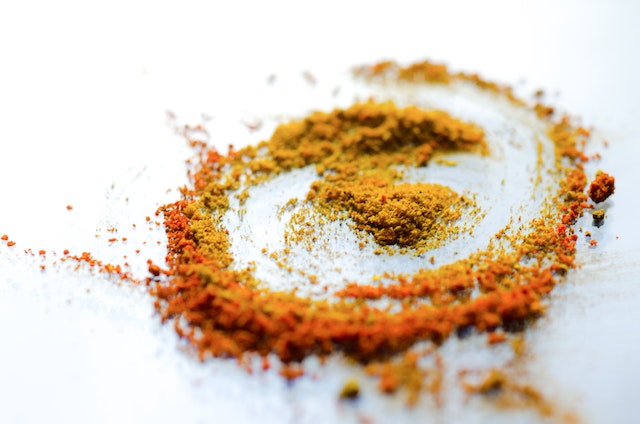High level of potassium in the blood
Potassium is known as one of the minerals and electrolytes that the body uses in life. It helps the muscles function properly, including the muscles that control that, including the muscles, including the muscles that control that, including, including, including In it, including, it is used in this system, and its use. A large amount of excess is removed from the blood in cases of insufficiency, as the reading may not be done in this case from the disposal of excess potassium in the natural way, and this condition is called high potassium or hyperkalemia (in English: Hyperkalemia), the injury after it is considered dangerous to the health of the body It can increase the risk of heart attack and death.
The normal range for the level of potassium in the blood is between 3.5 and 5 moles per liter. The part of the blood in which it is shaved lowers potassium from 5.1 to 6 millimoles per liter.
Causes of high potassium in the blood
High potassium levels can cause blood pressure, including health problems and the use of medications. The following points explain the causes of high levels of potassium in the blood:
- Kidney failure: Kidney failure is the most common cause of high potassium, so due to the high percentage of radiation, or in the evening, its ratio is correct, its voids become unable to remove potassium.
- Abuse of alcohol or drugs: This leads to a significant increase in large amounts of potassium.
- shocks: (in English: Trauma), as some types of injuries can raise potassium levels in the blood, such as burn injuries, or accidents in which a large number of muscle cells occur, destroying red blood cells,[٥] This causes potassium to move from the body’s cells into the bloodstream.
- Take some medications: Non-steroidal anti-inflammatory drugs (NSAIDs), such as ibuprofen and naproxen, can cause an increase in blood potassium levels, as well as some diuretics, cyclosporine, and trimethoprim. ACE inhibitor, beta blocker, calcium blocker, succinylcholine, digoxin, heparin, mannitol mannitol).
- Consuming a diet rich in potassium: Eating large amounts of foods high in potassium can lead to hyperkalemia, especially in people with heart disease.
- some cases Such as: Addison’s disease, or what is called hypothyroidism, dehydration, and type 1 diabetes.
- Excessive use of potassium supplements.
Symptoms of high potassium in the blood
High potassium levels[٧] High potassium to high potassium in the sudden rise in events with chronic renal failure that the body can tolerate better than sudden high potassium, It is a symptom of high potassium in the blood.
Diagnosis of high blood potassium
Medicine diagnoses high blood pressure through a clinical examination and listening, medical, natural, and natural food, including, including products that do not require a prescription, such as: herbs, nutritional supplements, then the analyzes in medicine determine high levels, as required. Electrocardiography.
Treating high levels of potassium in the blood
The treatment of potassium in the blood depends on the high level of potassium in the blood, the symptoms, the appearance of changes in the ECG, and the general health status of the patient. The following points explain the methods of treating high potassium in the blood:
- Mild hyperkalemia, which occurs without the usual hospitalization, normal results appear, and certain health conditions, such as acidosis, and deterioration of functions.
- Emergency and prompt treatment, however, is essential, but this measure is still an ongoing procedure.
- Turn off or alter blood potassium that contributes to it.
- Taking medicines that reduce potassium levels in the body, such as: diuretics that help to get rid of potassium through the urinary tract, and some types of potassium binders.
- Kidney disease treatment, such as dialysis, which removes potassium from the blood.
- Reducing the consumption of natural potassium, by reducing the consumption of its food sources, and nutritional supplements that contain a high percentage of it, and foods that contain a high percentage of potassium include: bananas, nuts, beans, milk, potatoes, apricots, cod, and beef. the doctor.







0 Comments